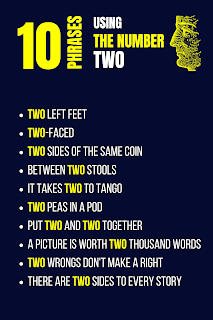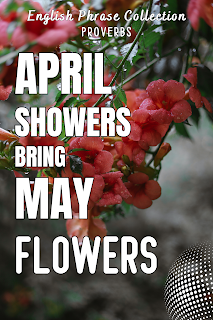10 Informal Slang to Know in English
Do You Mind your Ps and Qs?
The Curious Origins and Meaning of "Mind Your Ps and Qs"
The origin of "mind your Ps and Qs" is uncertain, but there are several theories. One explanation suggests that it comes from the printing industry in the 16th century, where letters were set by hand and in reverse on a printing plate. The letters "p" and "q" are very similar in shape and easy to confuse, so printers would remind their apprentices to "mind their Ps and Qs" to avoid making costly mistakes.
Have you ever asked yourself?
10 Paradoxical Questions That Will Make You Think
Why when the stars are out, they can be seen, but when the lights are out, they cannot be seen?
This question may seem puzzling at first, but it all comes down to the level of contrast. The stars shine in a dark sky, making them visible to the naked eye. When the lights go out, the contrast disappears, making it difficult to see anything in the dark.

.jpg)
.jpg)
.jpg)
.jpg)
.jpg)



.jpg)
.jpg)
.jpg)
.jpg)





.png)



.png)
